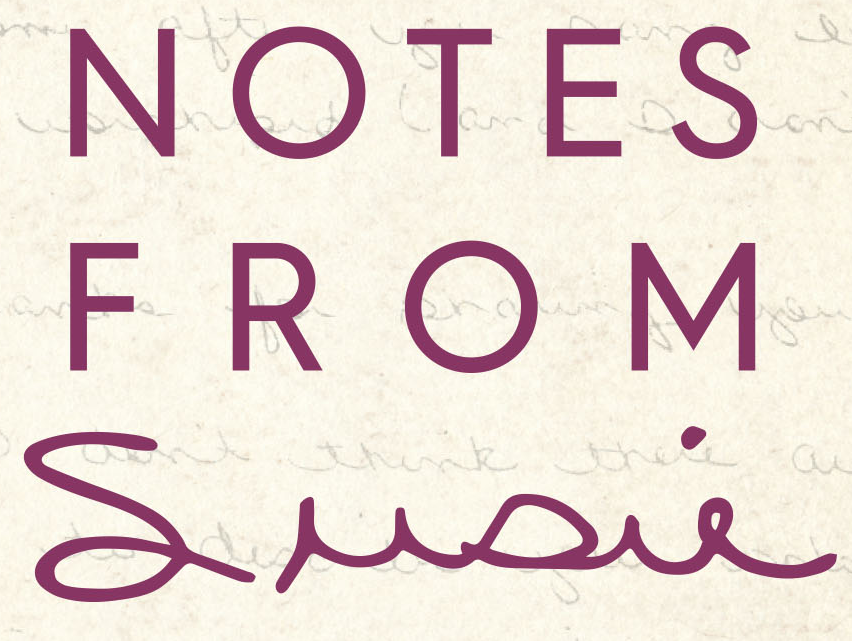We are in the midst of the third Holy Week since Honey died. Since then, it seems as though every year during Holy Week a single, but specific take-away sneaks up on me. I don’t remember that happening all those years I was in local church music ministry, perhaps because I was otherwise preoccupied with typical musical goings-on, events, logistics, etc., tied to that week. Looking back from this distance, that’s not something I’m particularly proud to admit. Contributive to my richer experiences in recent years has been closer attention to the entire Lenten season -- Ash Wednesday through Holy Week -- and attendance at related church services. Holy Week services -- Palm Sunday, Maundy Thursday, then Good Friday services set a wonderful stage for celebrating the Risen Christ on Easter Sunday and the four together make for a very meaningful spiritual journey at just the right time.
This year’s take-away was Jesus’ final -- according to Luke’s Gospel -- of seven sayings from the cross -- “Father, into thy hands I commit my spirit.” That was the focus of the lesson at Sunday’s Sunday School class I attend when my schedule allows. In His first three utterances, Jesus took care of others:
- “Father, forgive them…” -- his forsakers and crucifiers
- “Today you will be with me in paradise” to the dying thief
- “Behold your son; behold your mother” to his family
Sayings four and five show His humanity:
- “My God, my God, why have you forsaken me?”
- “I thirst”
The sixth seems to be transitional between this world and the next:
- “It is finished”
Then His release:
- “Father, into thy hands I commit my spirit” addressed to none other than God.
Some time and for some reason after Honey died, I wrote that death may well be the believer’s final act of faith. I couldn’t prove my hunch nor explain it very well, but watching Honey live while dying one day at a time over several months, it just seemed right. I still can’t prove it but contemplating Jesus’ words from the cross sheds good light and makes the notion clearer. Jesus’ ministry on earth complete and His humanity on full display, His final act was one of unwavering faith in His Father -- “into Thy hands I commit my spirit.” Luke goes on to say “And having said this, He breathed His last.
I don’t mean to over-spiritualize what I’m about to say nor exalt Honey inappropriately, but in the middle of Sunday’s class I realized that though the circumstances were very different, her death followed much the same pattern as His.
In the months and weeks leading up to her death, she completed some long-standing tasks, took care of people, and said things to family that needed saying. About a month before she died, she stopped talking about the grandkids which signaled to me she was already gazing beyond; and her humanity was certainly evident. But at the end I believe she -- not unlike Jesus -- committed her spirit into her Father’s hands -- her final act of faith. (see Notes From Susie, p. 337, paragraphs two and three.) I hope that’s not heresy, and I can’t prove it, but it just seems right.
Perhaps the week called Holy holds added meaning for me now because we buried Honey just two days before Holy Week 2015. I thank God for His timing.
Here is an old hymn Honey loved and that my sisters and I sang in three-part harmony at approximately ages six and eight or maybe even five and seven. It seems appropriate for today mid-Holy Week.
My Jesus, I love Thee, I know Thou art mine;
for Thee, all the follies of sin I resign;
my gracious Redeemer, my Savior art Thou;
if ever I loved Thee, my Jesus, ‘tis now.
I love Thee because Thou hast first loved me,
and purchased my pardon on Calvary’s tree;
I love Thee for wearing the thorns on Thy brow;
if ever I loved Thee, my Jesus, ‘tis now.
In mansions of glory and endless delight,
I’ll ever adore Thee in heaven so bright;
and singing Thy praises, before Thee I’ll bow;
if ever I loved Thee, my Jesus, ‘tis now.
Words – William R. Featherstone, 1864
Jesus showed us how to die and Honey obviously followed His lead to the very end. Indeed, death is the believer’s final act of faith!
- Mark

